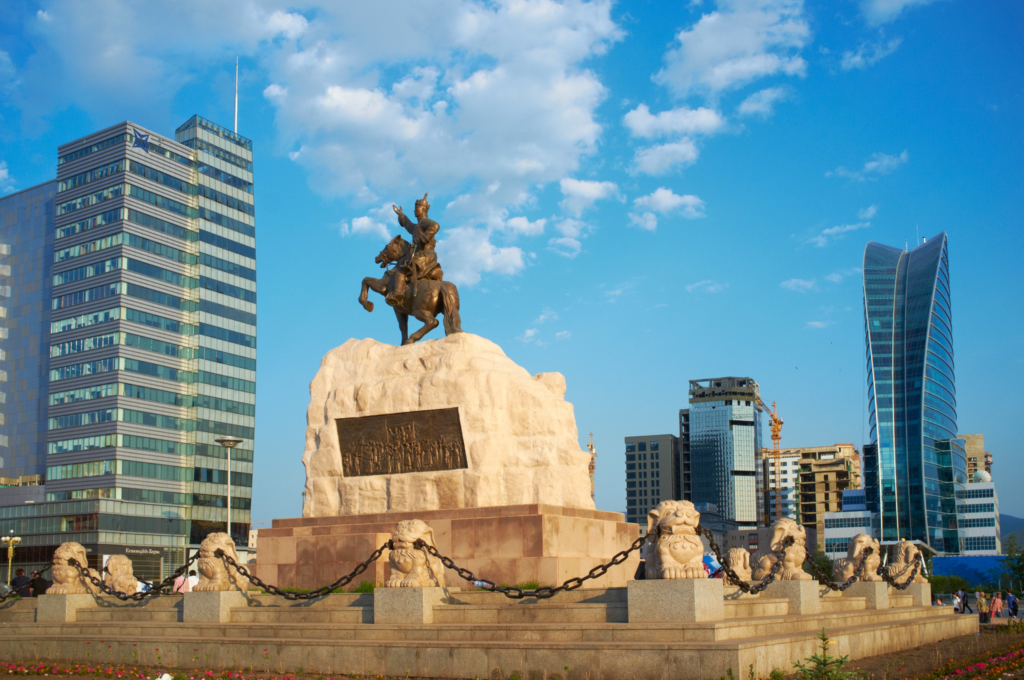Ulaanbaatar city and Provincial towns are undergoing significant urban and housing transformations through collaborative efforts between the Asian Development Bank (ADB), the Government of Mongolia, and the Municipality of Ulaanbaatar. This blog post delves into the intricate details of ADB’s comprehensive 10-year investment program aimed at enhancing basic urban services, mitigating pollution in ger areas, and fostering sustainable development in both urban and provincial settings.
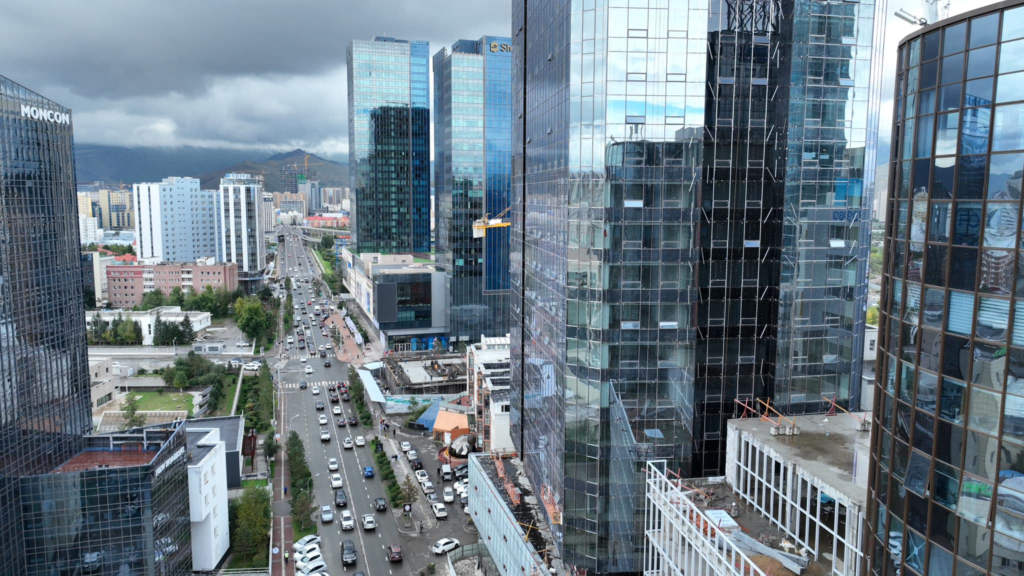
Ulaanbaatar city and Provincial towns
The envisioned 10-year investment program represents a strategic milestone in Mongolia’s sustainable development journey. By promoting a transformative model and green territorial development, it seeks to create lasting impacts on both urban and rural landscapes. The focus on livable Aimag and Sum centers as hubs for green agribusinesses underscores a commitment to fostering economic resilience and environmental sustainability.
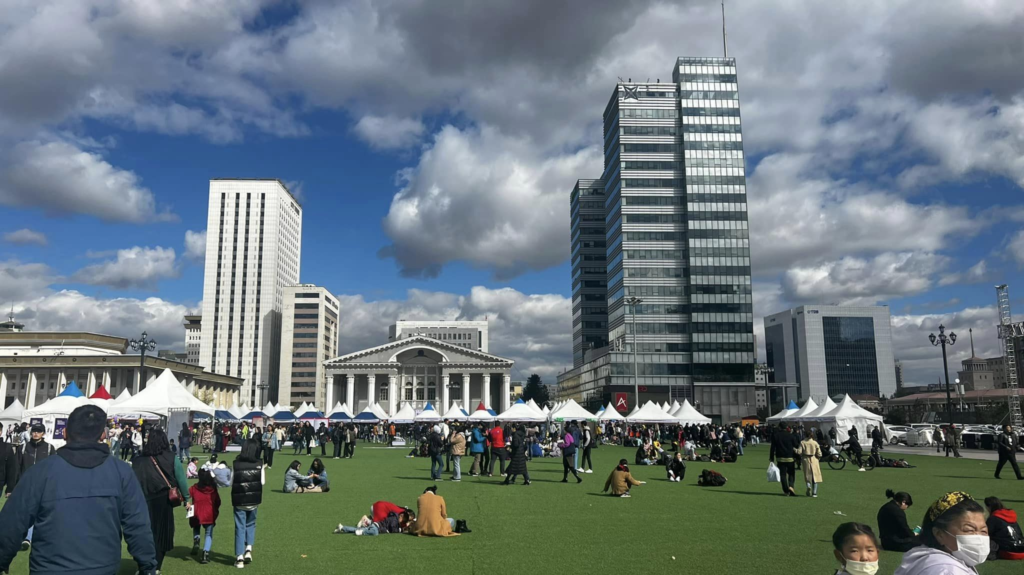
The program’s emphasis on replicability ensures that successful strategies and mechanisms can be disseminated across the country, contributing to a comprehensive and scalable approach to urban development. As Mongolia strides towards a more sustainable future, these initiatives stand as beacons of progress, showcasing the potential for holistic, collaborative efforts to shape thriving cities and towns for generations to come.
Ulaanbaatar’s Urban Evolution
The collaboration initiated in 2013 with the integration of ger areas into the Capital City Master Plan marked a pivotal moment. Subsequently, a decade-long investment program, co-financed by the European Investment Bank, was formulated and implemented. This program takes a holistic approach, providing essential infrastructure, prioritizing socio-economic facilities, and enhancing public spaces in six existing subcenters within ger areas. The upgraded subcenters are set to benefit 400,000 residents, improving access to vital social and urban services.
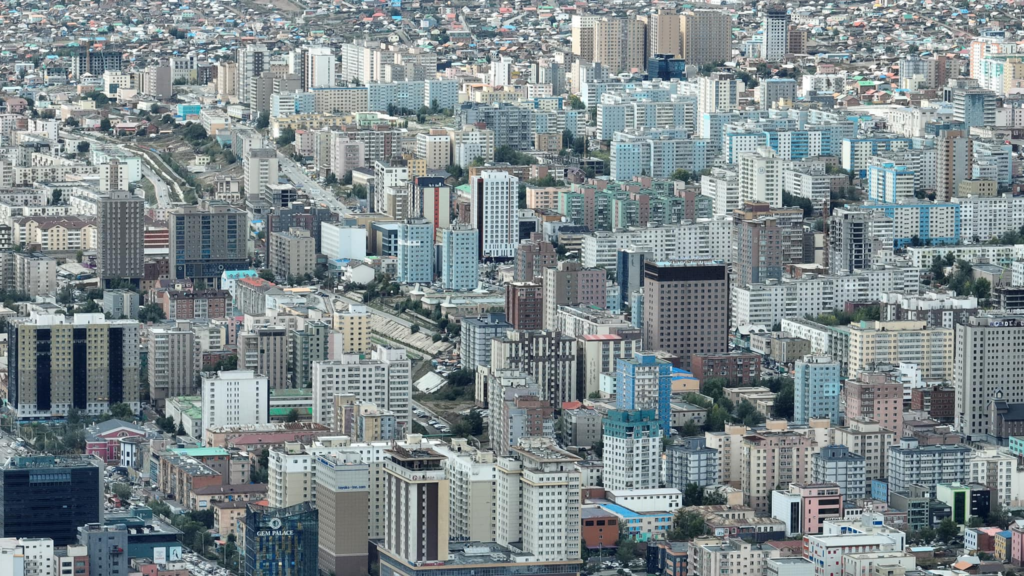
The City’s Water Supply Challenge
Ulaanbaatar faces a unique challenge as it predominantly relies on groundwater pumping for its water supply. The increasing threat of water and soil pollution in Ger areas necessitates a green recovery strategy dependent on sustainable water and natural resources management within functioning ecosystems. The impact of the program is further bolstered by parallel interventions through a Technical Assistance (TA) project, addressing urban planning, data management, land use optimization, cultural heritage conservation, community participation, information technology solutions, pro-poor initiatives, assistance to small and medium-sized enterprises, and improvements in water and wastewater services.
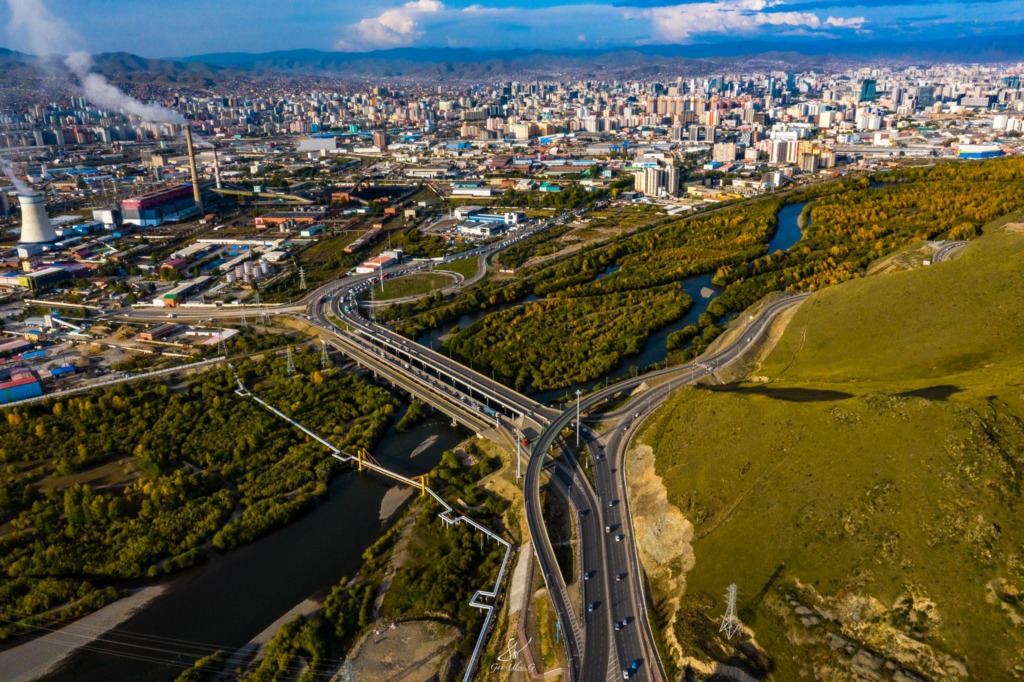
Eco-District Development
In parallel, a substantial project, co-financed by the Green Climate Fund, is transforming ger areas into eco-districts. This initiative leverages private sector investment to deliver 10,000 green affordable housing units and redevelop 100 hectares of ger areas into low-carbon, climate-resilient, mixed-use, and mixed-income eco-districts.
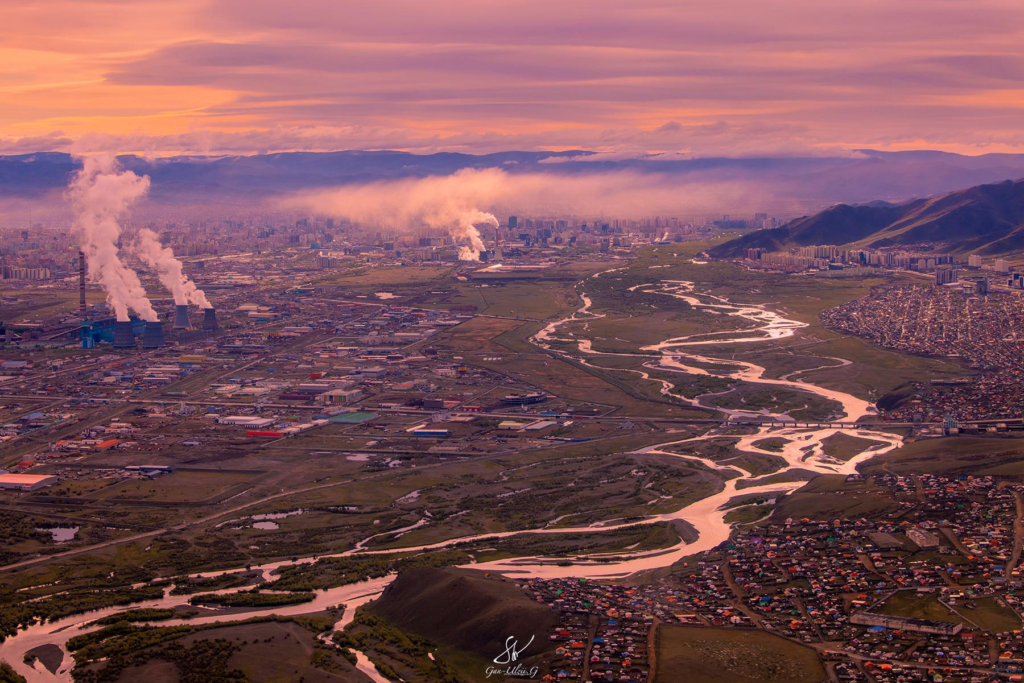
Provincial Towns Transformation
Mongolia’s provincial towns witness a transformational journey through six loans and three grant projects. These initiatives focus on enhancing basic urban services in 18 out of 21 Aimags, covering water and heating supply systems, wastewater management, urban roads, flood protection, and solid waste management.
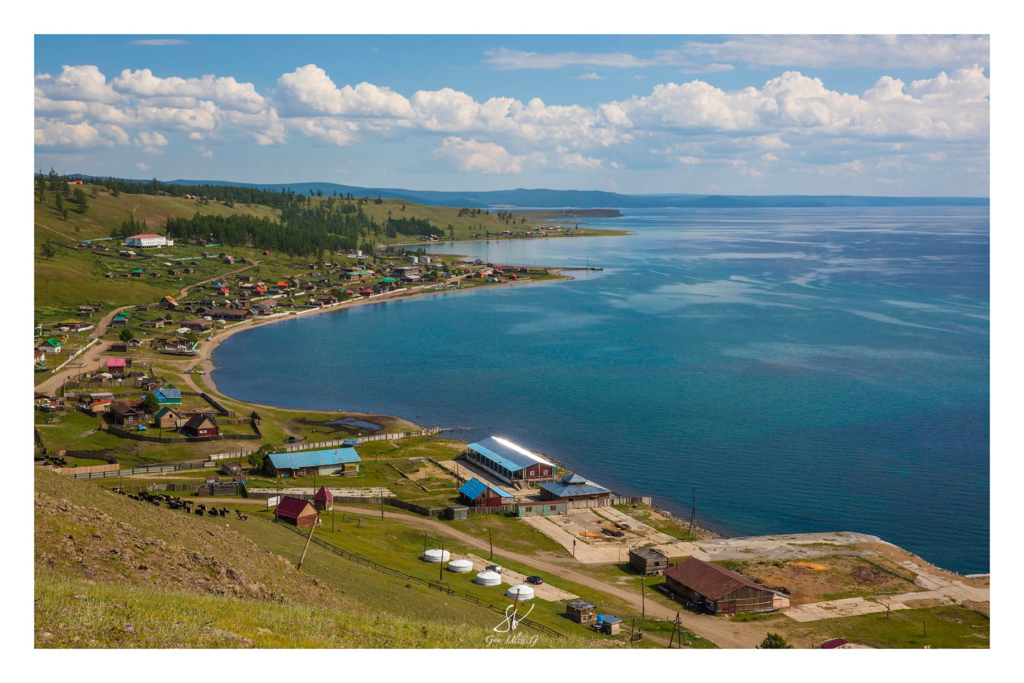
Positive Impacts
These projects have not only ensured safe, reliable, and accessible water supply to ger areas but have also directly benefited women by reducing poverty and unpaid labor, particularly time spent caring for sick family members. Moreover, they contribute to a more balanced national urban system and the development of second-tier cities in the country.
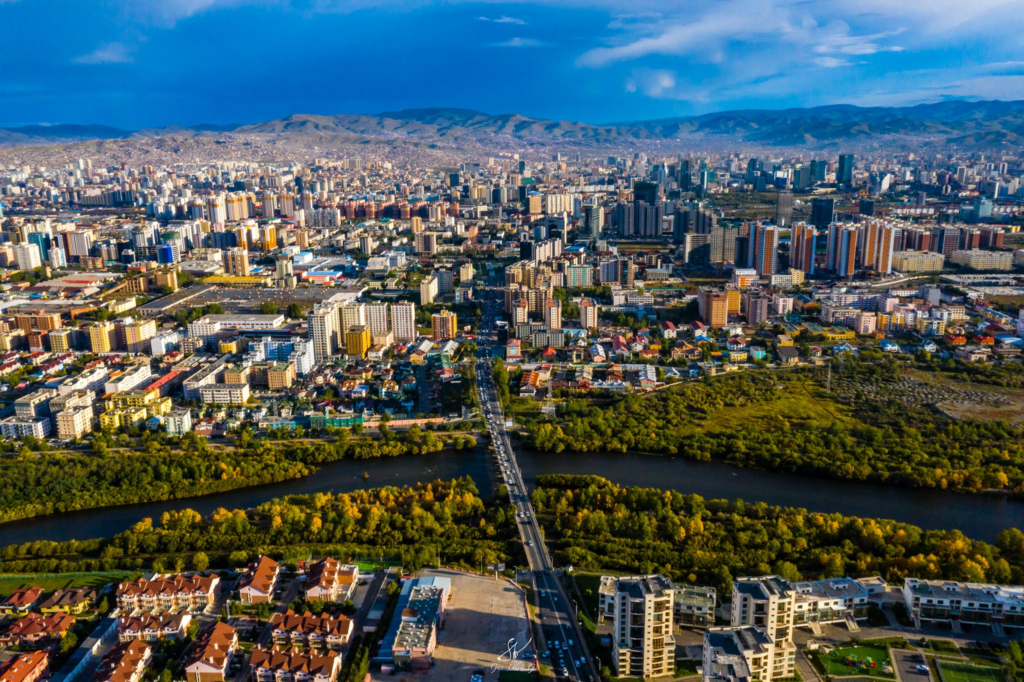
Wastewater Management and Solid Waste Initiatives
Capacity-building and institutional reforms in provincial towns result in improved planning, management, operation, and maintenance of urban services. ADB is actively addressing urgent infrastructure needs, with plans to replace inadequate wastewater treatment systems in Aimag centers by 2023. Additionally, the adoption of integrated solid waste management practices, supported by ADB’s initiatives, ensures effective waste prevention, reuse, recycling, and disposal.
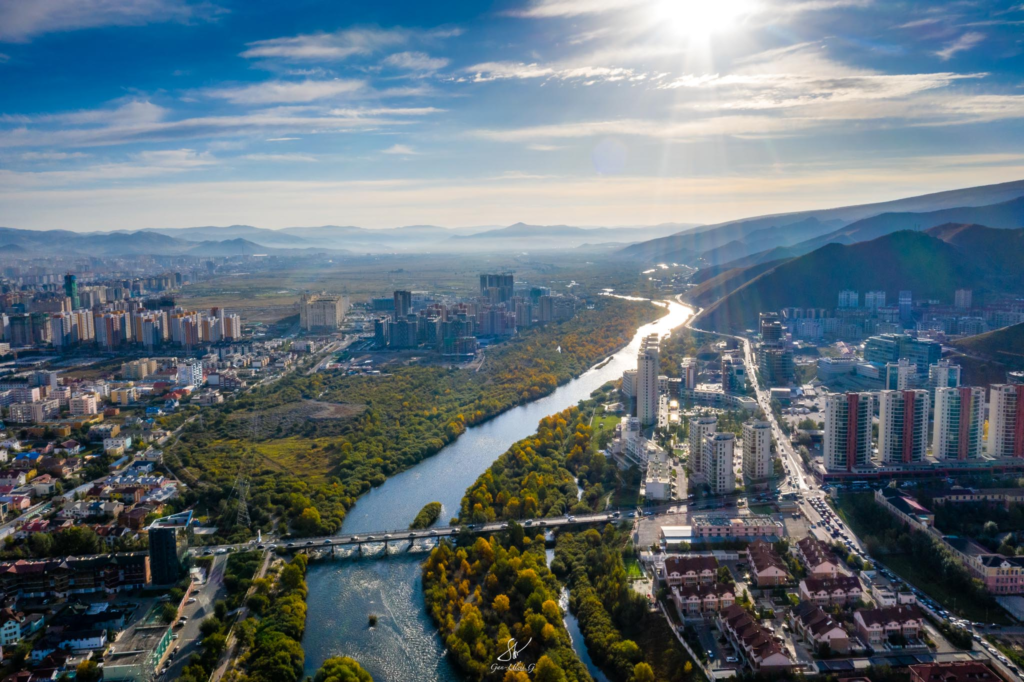
Future Prospects
Looking ahead, ADB is spearheading a groundbreaking 10-year investment program. This initiative proposes a paradigm shift, focusing on green territorial development and urban-rural linkages. The aim is to establish livable Aimag and soum centers as anchors for green agribusinesses, promoting sustainable, resilient, and high-carbon sequestration rangeland management. Initially targeting Mongolia’s western Aimags, this program aims to leverage climate finance and private sector investment mechanisms that can be replicated nationwide.






